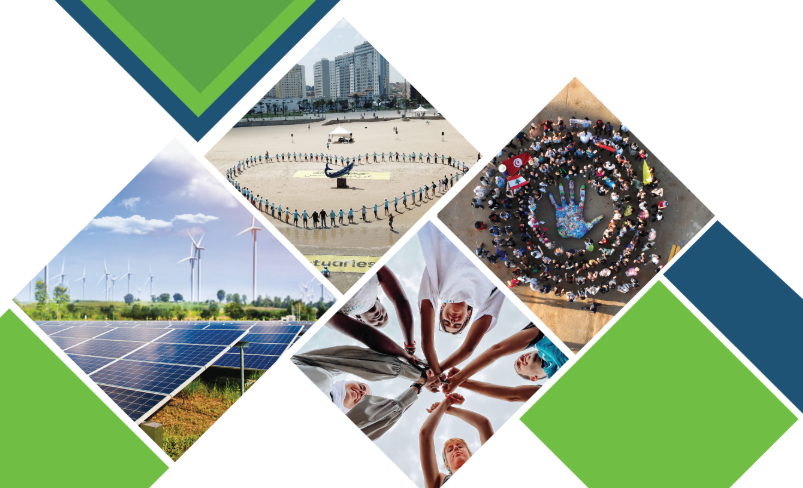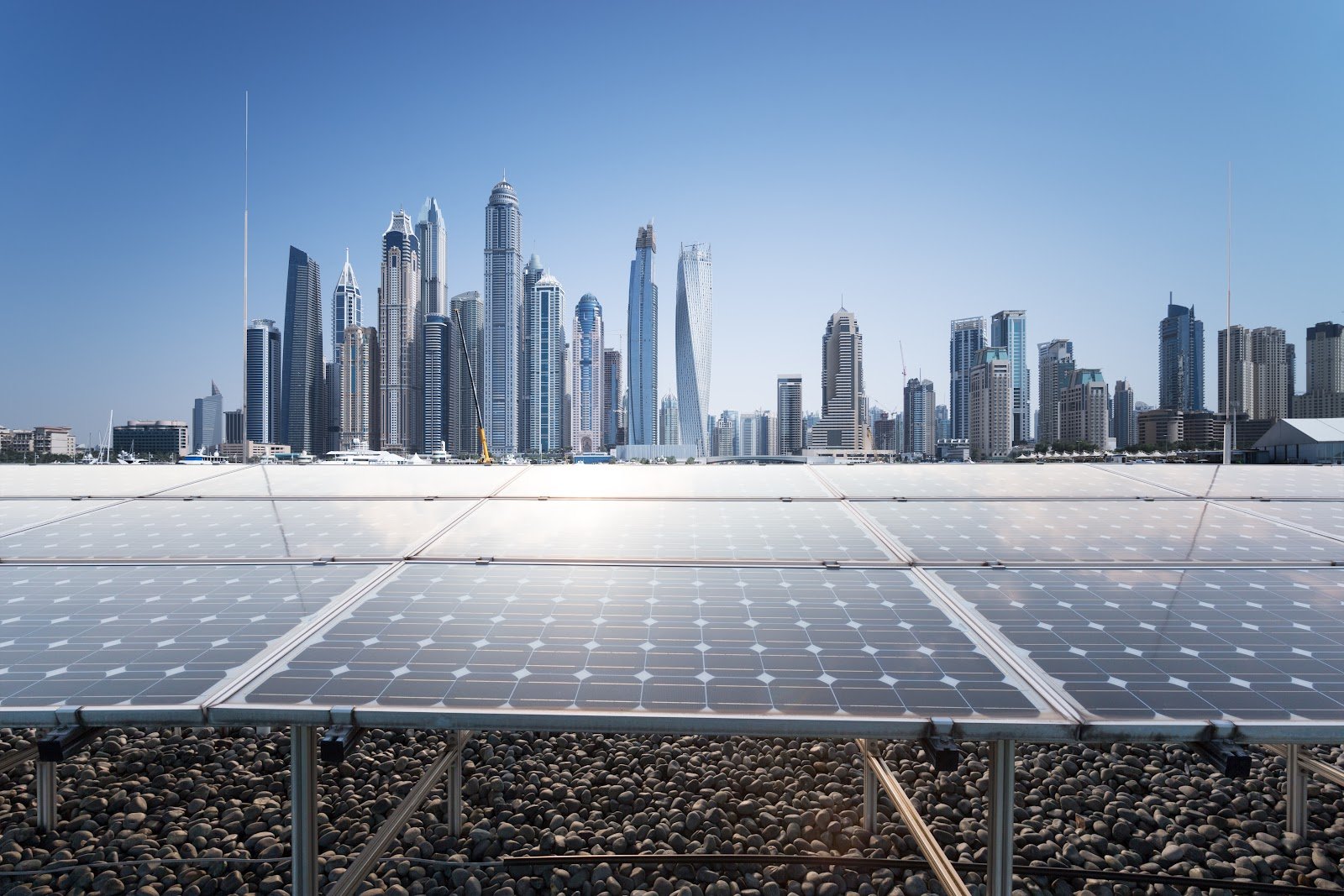Environmental damage, Liberal growth policies in the agricultural sector, exploitation of resources, destruction of the environment, heavy use of chemicals, soil exhaustion have destabilized food sovereignty, in addition to poor wages, the living situation of citizens has deteriorated. The Egyptian policies to encourage agriculture devoted the sector to export and neglected small farmers. Tunisia’s situation is not so different from Egypt as most countries in the south that struggle to export and trade. But, as the second study indicates, Tunisia’s agricultural estates suffer from difficult environmental conditions. On the other hand, Morocco shows a labor struggle against the capitalist system after the environment was destroyed in the name of development
Related Posts
-

Greenpeace warns in a report: European investments in energy and agriculture may worsen environmental and social harm in the Middle East and North Africa
European investments in energy and agriculture in the region may worsen environmental and social harm. Thus reveals a new report by Greenpeace MENA and the MENAFem Movement for Economic, Development, and Ecological Justice.
-

Greenpeace MENA’s Impact Report (2021-2023): Achievements and Milestones
Guided by our vision to safeguard the diversity and richness of our region’s natural treasures, the past three years have been a testament to determination and progress, marked by significant achievements and defining milestones for Greenpeace Middle East and North Africa.
-

Greenpeace MENA’s 2024/2025 UAE Wellbeing Economy Award
Greenpeace MENA and Ajman University are excited to announce the call for submissions for the “Wellbeing Economy Award” — 2024/2025. This Award is launched in partnership with Greenpeace MENA, Ajman University and the UAE Universities Climate Network (UCN). We collectively invite researchers, academics, professionals, and young visionaries to contribute innovative, ongoing or published research papers…
